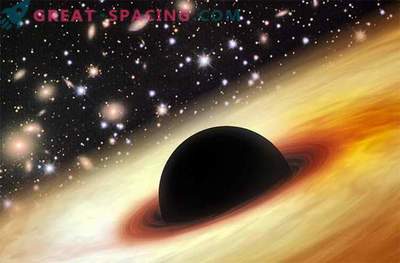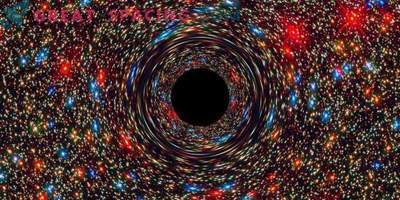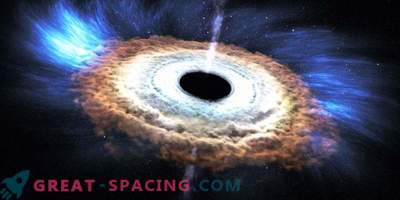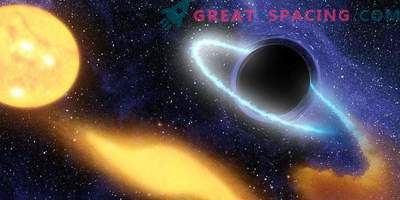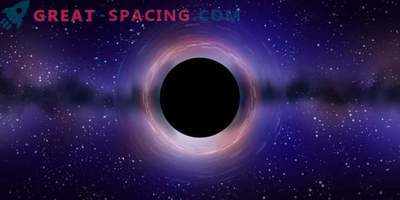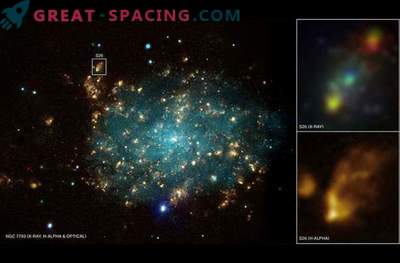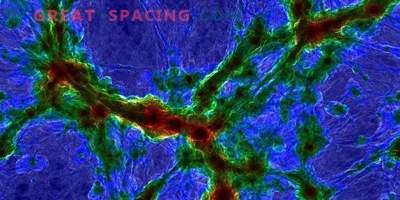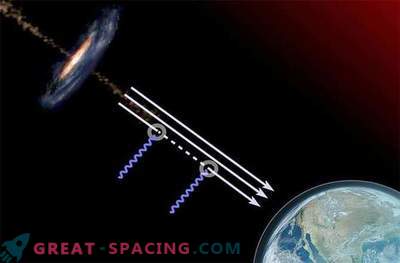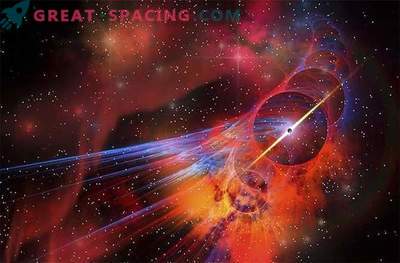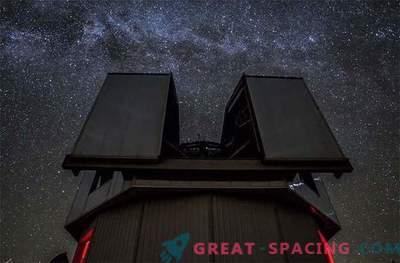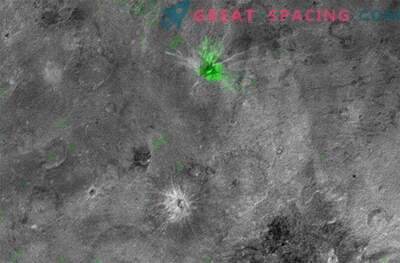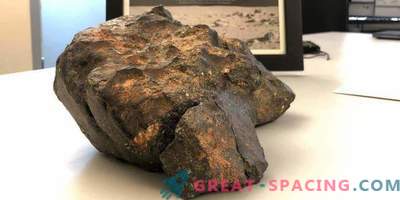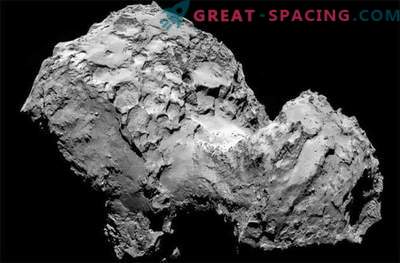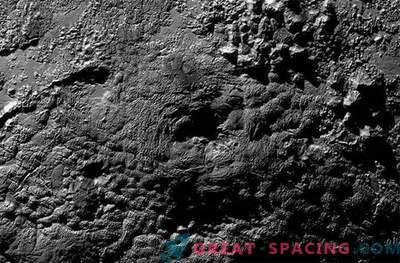
With the advent of the Large Hadron Collider, some people began to worry that a side effect of his work would be the emergence of a black hole and the destruction of the entire planet. But is it possible? And can the Earth become a black hole?
How black holes are born

Stages of evolution of a star
It’s too early to panic, because in order to become a black hole, you have to work hard. In fact, you need to compress to an extremely small size an incredible amount of mass. Similar, basically, only by virtue of dying massive stars. There is also a variant of the collapse of the central galactic section or a large accumulation of protogalactic gas.
As you understand, even our giant Jupiter (although this is not the largest planet in the Universe) will fail to become a black hole. To better understand the situation, you should consider the gravitational radius.
Schwarzschild radius

Karl Schwarzschild at work
This concept in 1916 was introduced by the German researcher Karl Schwarzschild. This is a defined radius, characteristic of any physical object endowed with mass. That is, we face a certain sphere with event horizon. It is important to understand that this radius is significantly inferior in size to the parameters of the body itself.
In theory, any object can become a black hole if its mass is compressed to the line of a gravitational radius. For example, for Sun it will be about 2.95 km. For calculations, the object mass must be doubled by multiplying by the universal gravitational constant and divided by the square of the speed of light. Do this manipulation and for Earth get a gravitational radius of 8.7-9 mm. Again we repeat that, in theory, a similar compression of mass will allow creating a distortion of space and time, where even the light cannot escape (you have a black hole). However, in practice, everything is different. Indeed, because of physical laws and stellar evolution, even the sun cannot pass through this transformation (can you read about it in article "Will the sun become a black hole?" ).
Create a black hole on Earth

Well, if it doesn’t work out naturally, can you create an artificial black hole on Earth or transform a planet? So, we need to take the Earth and compress it to 9 mm. But this is an extremely difficult task, so let's take the best earth technologies and create at least a 1 mm black hole in the laboratory.
The sphere of influence of this monster will cover 1/3 of the earth within a radius. Leave it somewhere on the surface and we will observe how all the matter begins to fall into the center of the planet and die. According to some information, the full absorption of the Earth will take 5 billion years, after which the critical point will come. For a couple of hours, the planet would turn into a pile of fragments and boiling lava.
The new Earth will be a black hole (relatively safe) around which the Moon will continue to rotate. But with this, the lunar orbit will become strongly elliptical.
Nothing
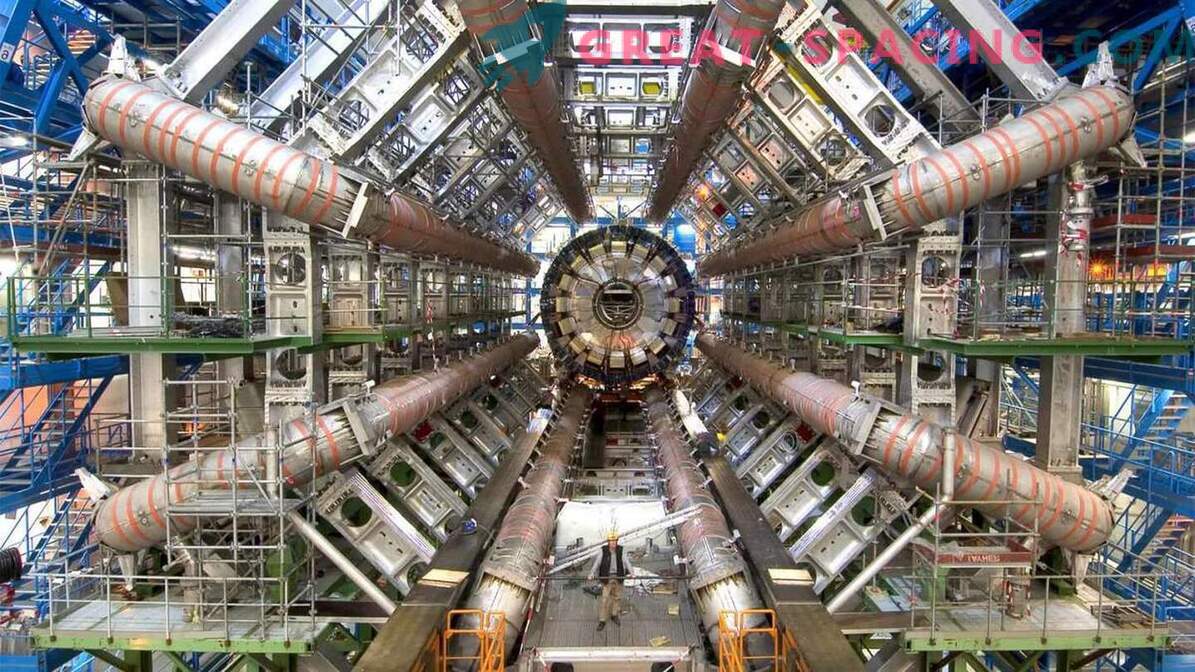
It looks terrible, but nothing like this is to be expected. We do not have such advanced technologies for compressing mass to a gravitational radius. You simply can not transform the planet. Of course, many look askance at the Large Hadron Collider (LHC), expecting a dangerous footboard from it. But these are just baseless rumors.
The work of the LHC is not capable of creating a black hole, even if it is super-tiny. Moreover, the researchers say that if this happens (as in a fantastic scenario), the black hole will immediately evaporate due to the Hawking radiation effect.
Postscript
As you can see, the Earth will never become a black hole. Physical laws and human activity known to us will not be able to affect this. However, some still doubt. Now the development is underway to increase the BAC, and technologies are developing. Do not forget about the possible insidious aliens. What do you think?


